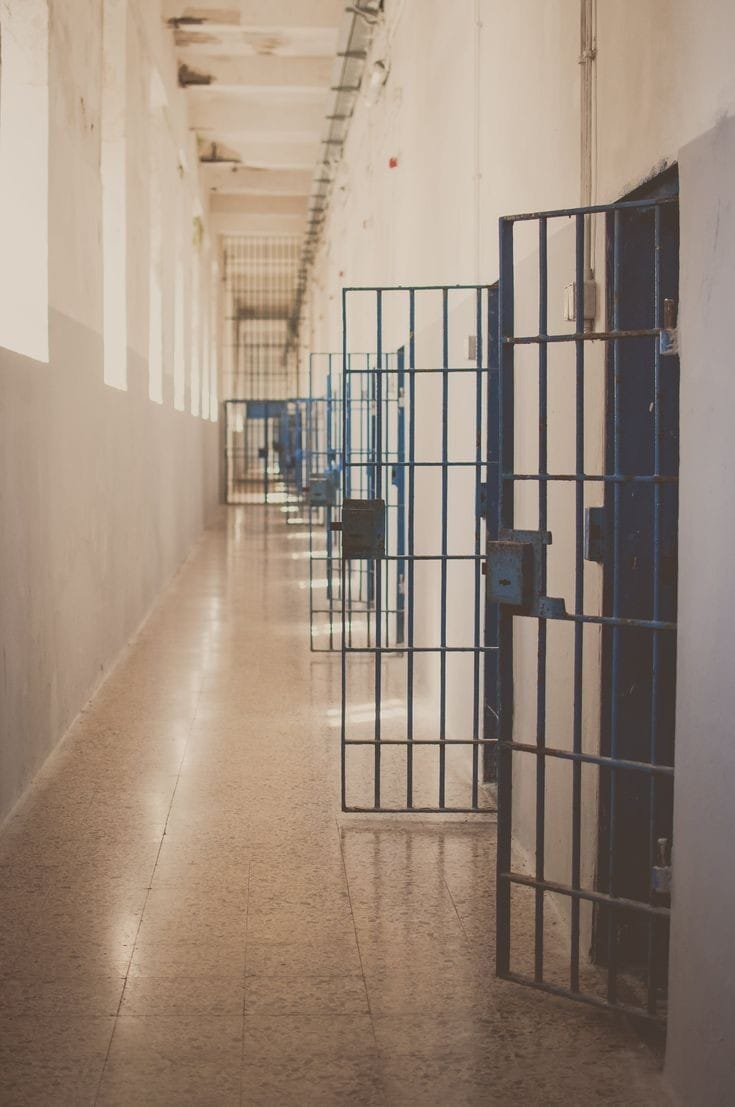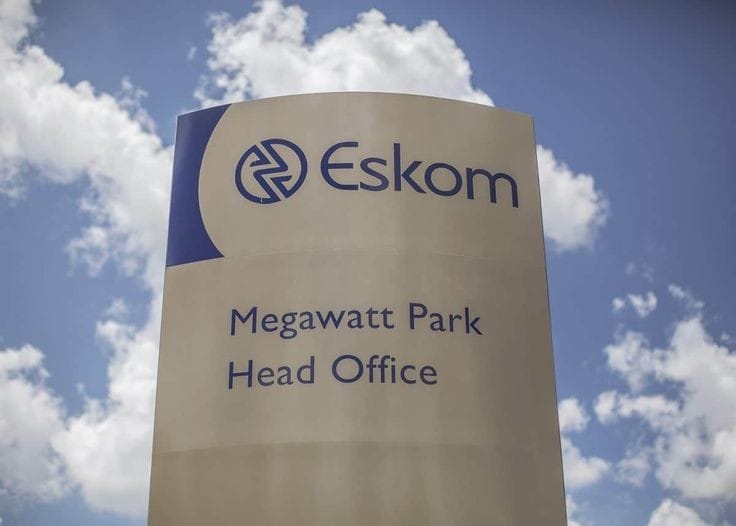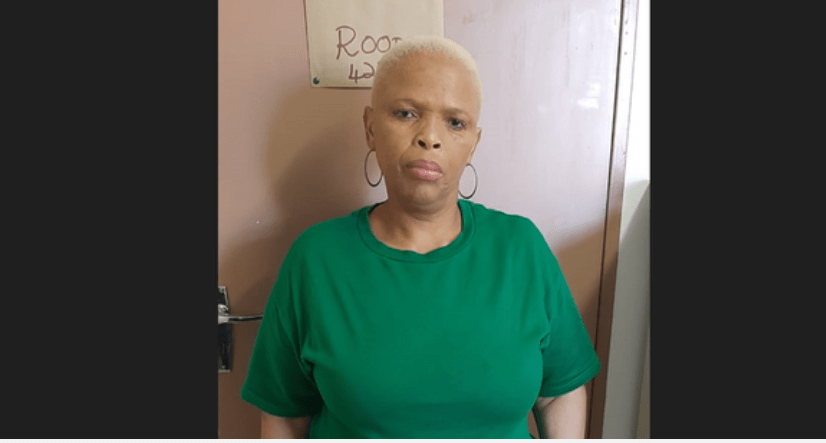The Tshwane municipality is currently facing significant financial difficulties in completing essential upgrades to the Rooiwal wastewater treatment plant. As a result of operational faults, contaminated water has been discharged into the Leeuwkraal Dam, posing serious health and environmental concerns. The total cost of refurbishing the plant is projected to be nearly R3 billion, an amount that the city does not currently possess. This article delves into the background of the issue, highlights the urgency of the situation, and explores potential funding options that Tshwane officials are considering.
The need for upgrading the Rooiwal wastewater treatment plant was initially raised as early as 2009 when a council report expressed concerns about the plant’s capacity to cope with the growing population of Hammanskraal and its surrounding areas. Unfortunately, it took almost a decade for a contractor to be appointed to commence the much-needed upgrades. This delay is indicative of previous administrations neglecting the issue, which has now culminated in a cholera outbreak claiming the lives of 17 people within the city.
Mayor Cilliers Brink acknowledges the gravity of the situation and the dire consequences faced by the residents of Hammanskraal. While emphasizing the importance of determining the exact source of the cholera outbreak, he recognizes the urgency of addressing the longstanding plight of the affected population. As a proactive step, Mayor Brink has expressed his intention to meet with national government officials and the South African Development Bank to explore potential funding options for the refurbishment project.
The estimated cost of R3 billion is an astronomical figure for the financially strained Tshwane municipality. With limited resources, external funding becomes crucial to ensure the completion of the upgrades. Collaborating with national government agencies and financial institutions such as the South African Development Bank could be a viable solution. These entities possess the necessary financial expertise and resources to provide the required funding and support. By engaging in fruitful discussions, the municipality aims to secure the necessary financial assistance to revitalize the Rooiwal wastewater treatment plant.
Additionally, seeking external funding may also involve exploring public-private partnerships (PPPs) as a potential avenue for investment. PPPs offer a way to leverage private sector resources and expertise to fund public infrastructure projects. By engaging private investors, the municipality can mitigate financial strain while benefitting from the technical knowledge and efficiency that the private sector often brings. This collaboration can not only alleviate the burden on the municipality but also ensure the long-term sustainability and effective operation of the upgraded plant.
Furthermore, it is imperative to address the underlying issues of financial mismanagement and negligence that have led to the current predicament. The municipality should prioritize accountability and transparency to restore public trust and prevent future occurrences of such financial crises. Implementing robust financial management practices and oversight mechanisms can help prevent the misallocation of resources and ensure that funds are utilized efficiently and effectively.
The financial challenges faced by the Tshwane municipality in completing the upgrades to the Rooiwal wastewater treatment plant underscore the urgent need for external funding. The contamination of the Leeuwkraal Dam and the subsequent cholera outbreak highlight the immediate and long-term risks posed to the health and well-being of the affected communities. By engaging with national government officials and financial institutions, exploring PPPs, and implementing sound financial management practices, the municipality can secure the necessary funding and expertise to complete the refurbishment project. Taking swift action not only ensures the provision of clean water and improved sanitation services but also demonstrates a commitment to the welfare of the community and the responsible stewardship of public resources.
In addition to securing external funding, it is crucial for the Tshwane municipality to prioritize community engagement and participation throughout the upgrading process. The affected residents of Hammanskraal and surrounding areas should be actively involved in decision-making, as their insights and concerns are invaluable in shaping the future of the wastewater treatment plant. By fostering a sense of ownership and collaboration, the municipality can ensure that the upgraded facility meets the specific needs of the community, enhances public health, and promotes environmental sustainability. Community awareness campaigns, regular updates, and public consultations should be conducted to establish open lines of communication and build trust between the municipality and its residents. Together, a joint effort can be made to address the pressing challenges and create a healthier and more resilient Tshwane.









